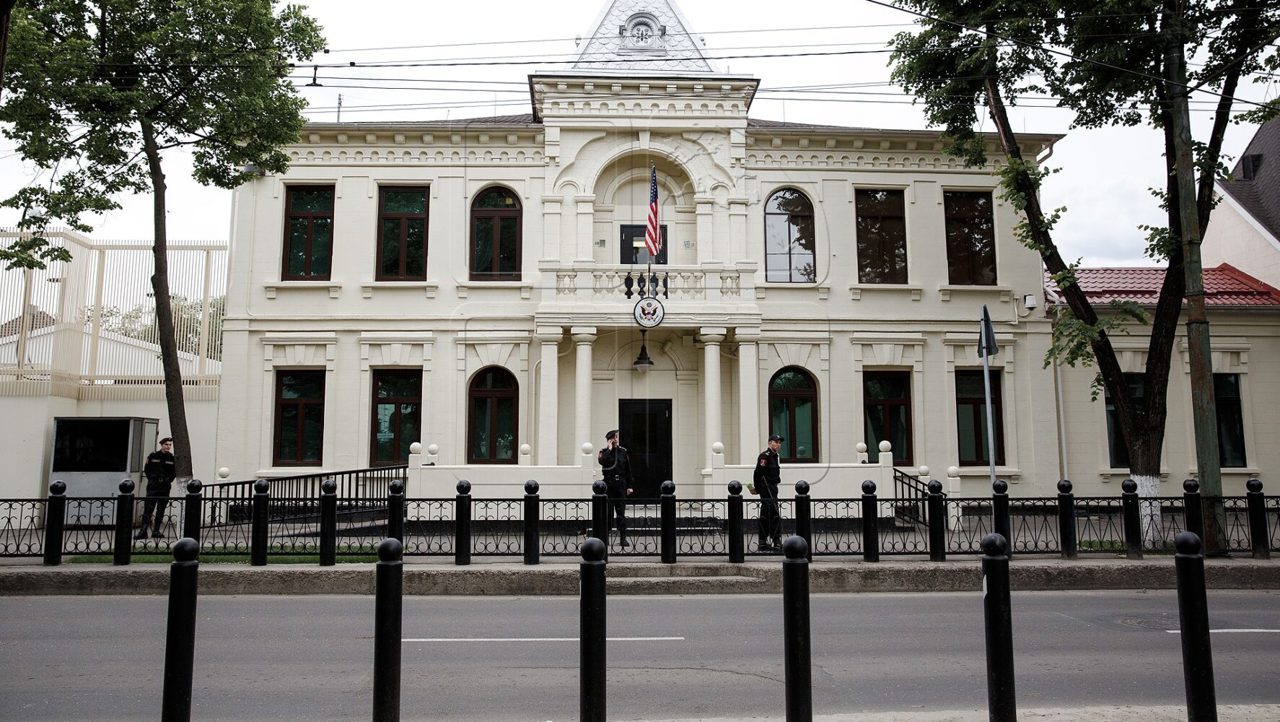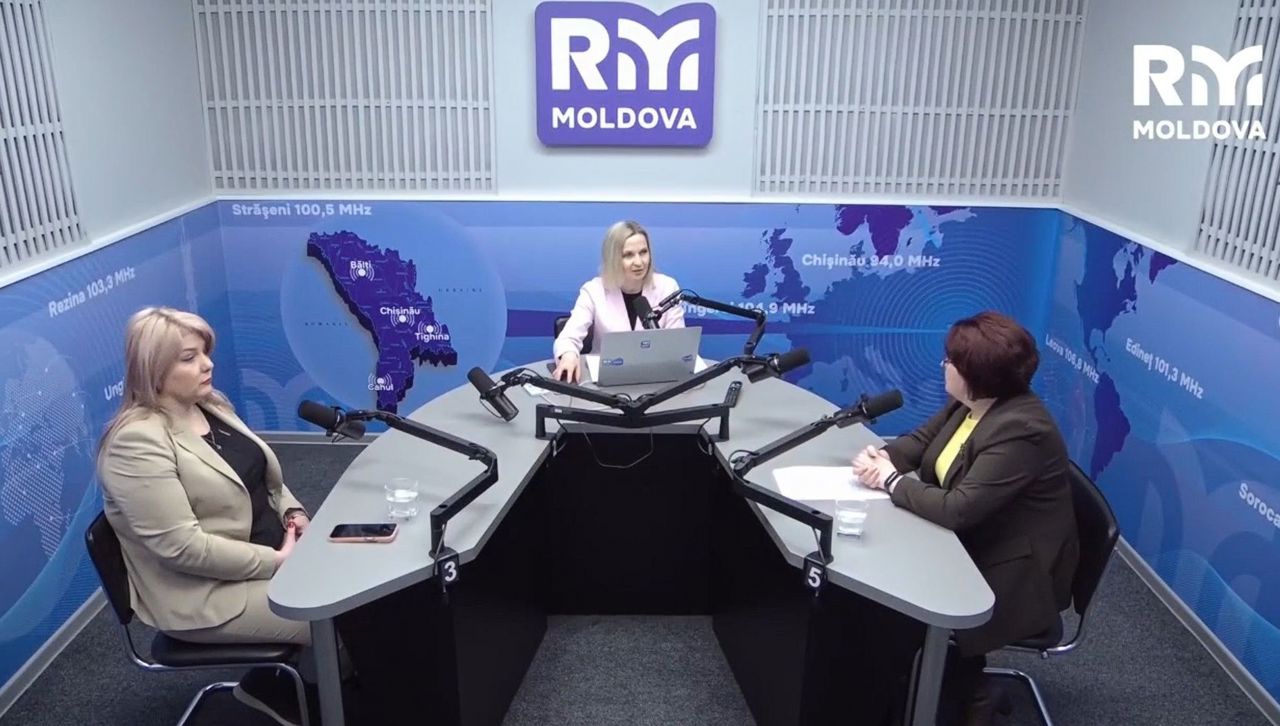US sanctions will help Moldova resist hybrid war, experts say
Sanctions imposed by the United States on seven individuals affiliated with Russian intelligence services are helping Moldova resist Kremlin-led destabilisation attempts, experts say. At the same time, the European Union's ambassador in Chisinau, Janis Mazeiks, announced that the sanctions imposed by the European Union at the end of May have already entered into force.

The seven individuals affiliated with Russian intelligence services and sanctioned by the United States are allegedly plotting to destabilise democracy and influence elections in Moldova, the US Treasury Department announced last night.
The group was led by Konstantin Sapojnikov, a Russian national, who allegedly plotted to use protests in Chisinau earlier this year, including plans to attack Moldova's government house.
The application of sanctions means that all assets held by the persons concerned in the United States - in the possession or under the control of US persons - are frozen and must be reported to the Office of Foreign Assets Control. Companies owned by them are also blocked.
The sanctions imposed by Washington will help Moldova resist Kremlin-led destabilisation attempts, says political analyst Ion Tăbârță.
"Clearly the sanctions imposed on some individuals of the Russian Federation come to help the Republic of Moldova, in order to cope with the aggression it faces from Moscow. They should help our country to resist the hybrid war that the Russian Federation is waging against it," the expert said.
The Minister of Foreign Affairs and European Integration, Nicu Popescu, welcomed the decision of the US Treasury Department and said that this measure is an important step in joint efforts to maintain stability and public order in our country.
At the same time, EU Ambassador to Chisinau Janis Mazeiks told Radio Moldova that the sanctions imposed last week by the European Union on five politicians and businessmen from Moldova and Russia were approved in record time and have already entered into force.
"These sanctions are already being applied in relation to these individuals. If Member States identify assets belonging to these five individuals, either in banks or real estate then Member States will be obliged to freeze those assets. The second sanction concerns travel. These five persons cannot travel within the European Union. It is important that the sanctions have already entered into force," the EU official said.
In October 2022, the US Treasury Department imposed sanctions under the Magnitsky Act on 21 politicians, political strategists and entities in Moldova and Russia, including Ilan Șor, Vlad Plahotniuc and the Șor Party, for corruption and attempting to destabilise the situation in Moldova.
On 30 May, the European Union adopted the first sanctions against five individuals for destabilising the Republic of Moldova. They are the leaders of the Șor Party - Ilan Șor and Marina Tauber, the fugitive businessman Vlad Plahotniuc, the leader of the PACE Party, Gheorghe Cavcaliuc and the Russian businessman Igor Ceaika, considered to be close to the former head of state and leader of the socialists, Igor Dodon. The UK, Canada and Norway have also imposed sanctions on several Moldovan politicians and businessmen.
Some of those targeted by the sanctions said they wanted to return to politics, others said they did not intend to travel to the sanctioning countries and would not own property there.






